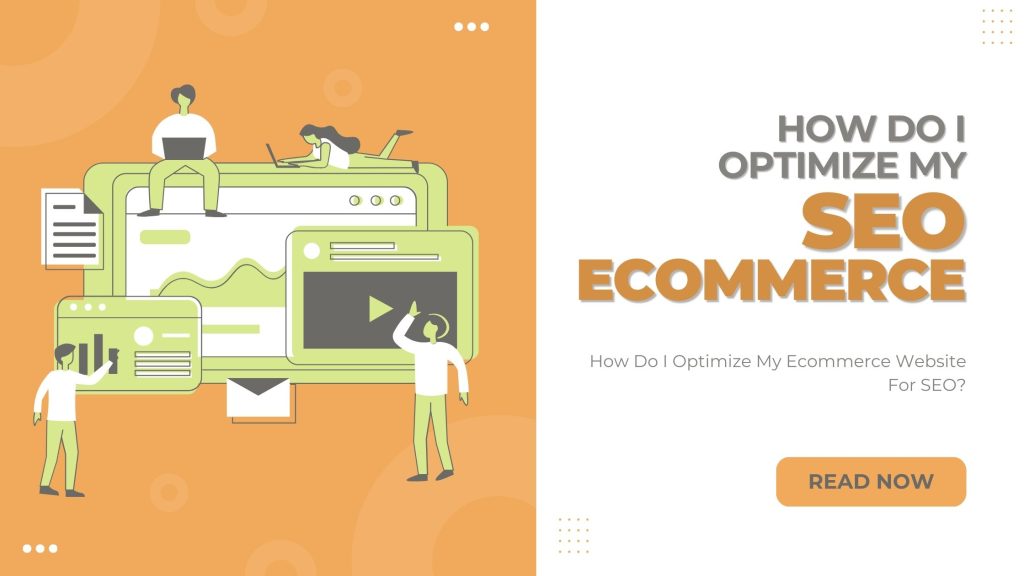Welcome to WEEK-STUDIO the dynamic world of Ecommerce, where virtual shelves hold the promise of countless products and the potential for thriving businesses. However, in the bustling online marketplace, mere existence isn’t enough; visibility is the key to success. This is where the art of optimizing your Ecommerce website for SEO comes into play.
In the digital landscape, Search Engine Optimization (SEO) serves as the compass that guides users to your online store amidst the vast sea of competitors. It’s not just about having a beautiful website; it’s about ensuring that your products are easily discovered by those who are actively searching for them.
This guide will unravel the mysteries of Ecommerce SEO, offering insights into strategies that will enhance your website’s visibility, increase organic traffic, and ultimately boost conversions. Whether you’re a seasoned Ecommerce entrepreneur or just stepping into the digital retail space, optimizing your website for SEO is the key to unlocking its full potential. So, let’s embark on this journey together, exploring the intricacies of optimizing your Ecommerce website to stand out in the digital crowd.
What is The Significance of Ecommerce SEO
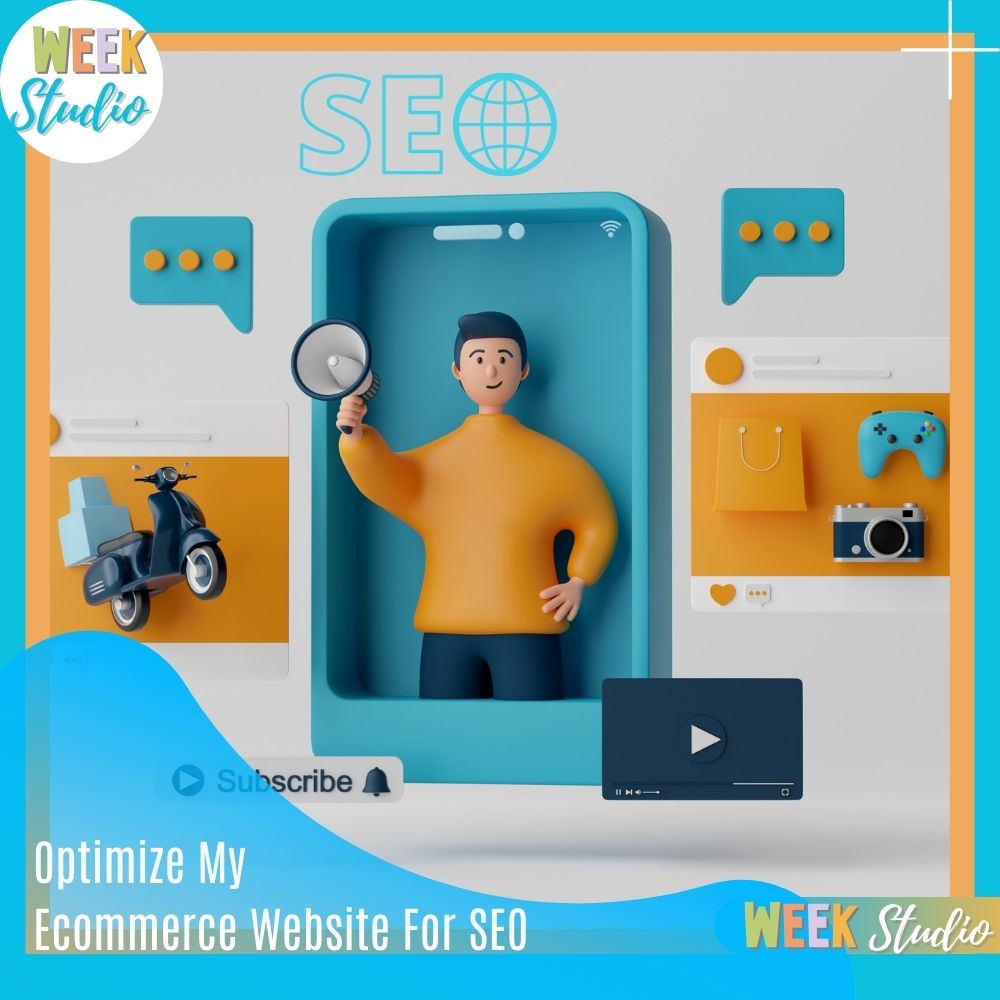
In the bustling world of Ecommerce, where competition is fierce and choices are abundant, the significance of Ecommerce SEO cannot be overstated. It is the beacon that guides potential customers to your virtual storefront, ensuring that your products don’t get lost in the digital cacophony.
Why Does Ecommerce SEO Matter?
- Increased Visibility: Ecommerce SEO is the key to appearing prominently in search engine results when potential customers are actively looking for products you offer. Higher visibility translates to more clicks and potential sales.
- Organic Traffic Boost: By optimizing your Ecommerce website for search engines, you tap into the vast pool of organic traffic. These are users actively searching for products, and when your site ranks higher, they are more likely to visit and explore.
- Credibility and Trust: Ecommerce SEO not only enhances your visibility but also contributes to building a positive online reputation.
The Role of Keywords in Ecommerce SEO
Effective Ecommerce SEO begins with understanding the language your potential customers use when searching for products. Thorough keyword research helps identify the terms and phrases that resonate with your target audience.
- Long-Tail Keywords: These are specific, detailed phrases that users often use when they have a clear idea of what they want. Incorporating long-tail keywords into your product descriptions and content can attract highly relevant traffic.
- Product-Centric Keywords: Optimize for keywords directly related to your products. Include model numbers, brand names, and other product-specific terms to align with user search intent.
The Conversion Connection
Beyond just attracting visitors, Ecommerce SEO is intimately connected to the conversion process. A well-optimized website ensures that visitors not only land on your pages but are guided seamlessly through the purchase journey.
- Optimized Product Pages: Each product page should be a digital salesperson. Ecommerce SEO involves optimizing product titles, descriptions, and images to entice and inform potential buyers.
- Clear Call-to-Action (CTA): Guide users on what to do next. Whether it’s adding a product to the cart, signing up for newsletters, or making a purchase, a clear CTA streamlines the user experience.
In essence, the significance of Ecommerce SEO lies in its ability to make your online store discoverable, trustworthy, and conducive to conversions. It’s not just about attracting traffic but about attracting the right kind of traffic that is ready to make a purchase. As we delve deeper into Ecommerce SEO, we’ll uncover strategies to harness this potential and navigate the ever-evolving landscape of online retail.
How Can I Improve My Ecommerce Website Ranking?
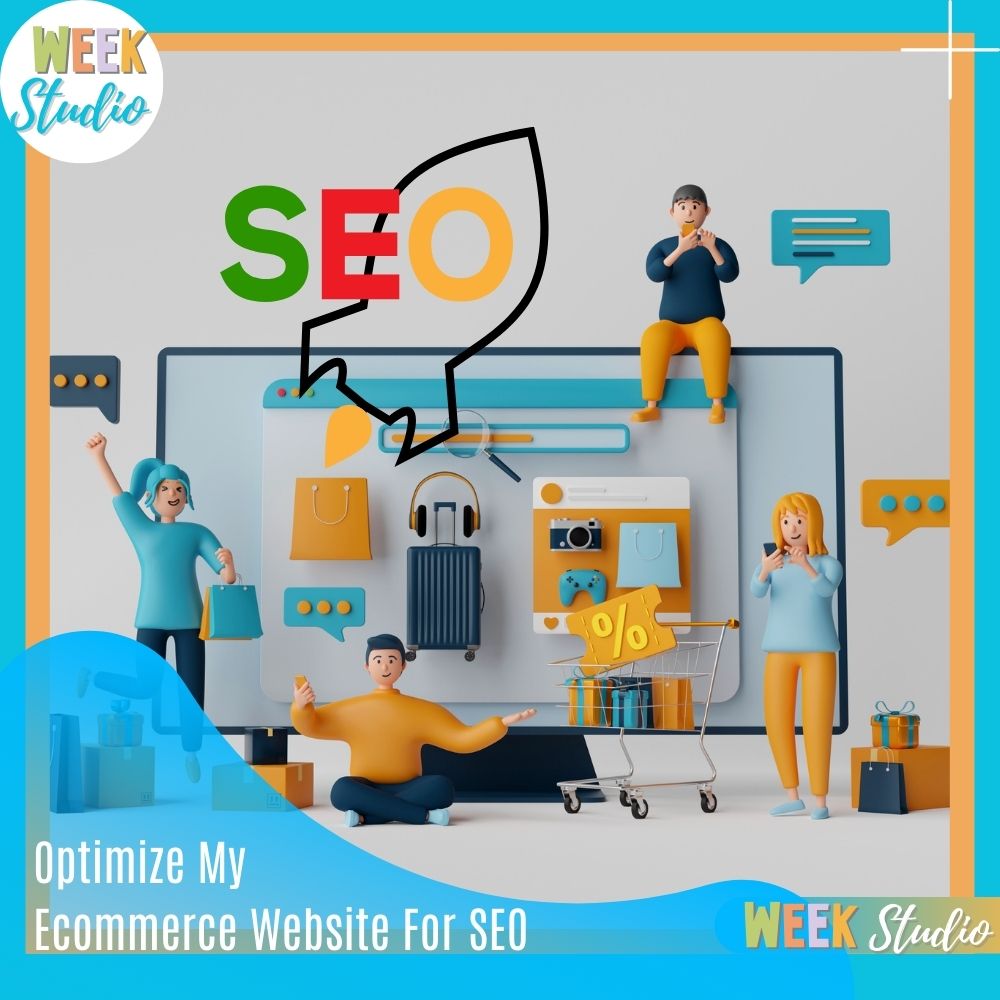
Your ecommerce website ranking is important for two reasons. The first reason is that your ranking impacts your website’s visibility. The second reason is that your ranking impacts your website’s traffic. The higher your website ranking, the more traffic your website is likely to receive. There are a number of ways that you can improve your ecommerce website ranking. The most important way to improve your ranking is to make sure that your website is optimized for search engines.
You can do this by making sure that your website’s title tag, meta description, and header tags are properly optimized. You can also improve your website ranking by submitting your website to directories and by publishing articles and blog posts about your website. You can also improve your website ranking by using social media to promote your website.
Keyword Research for Ecommerce
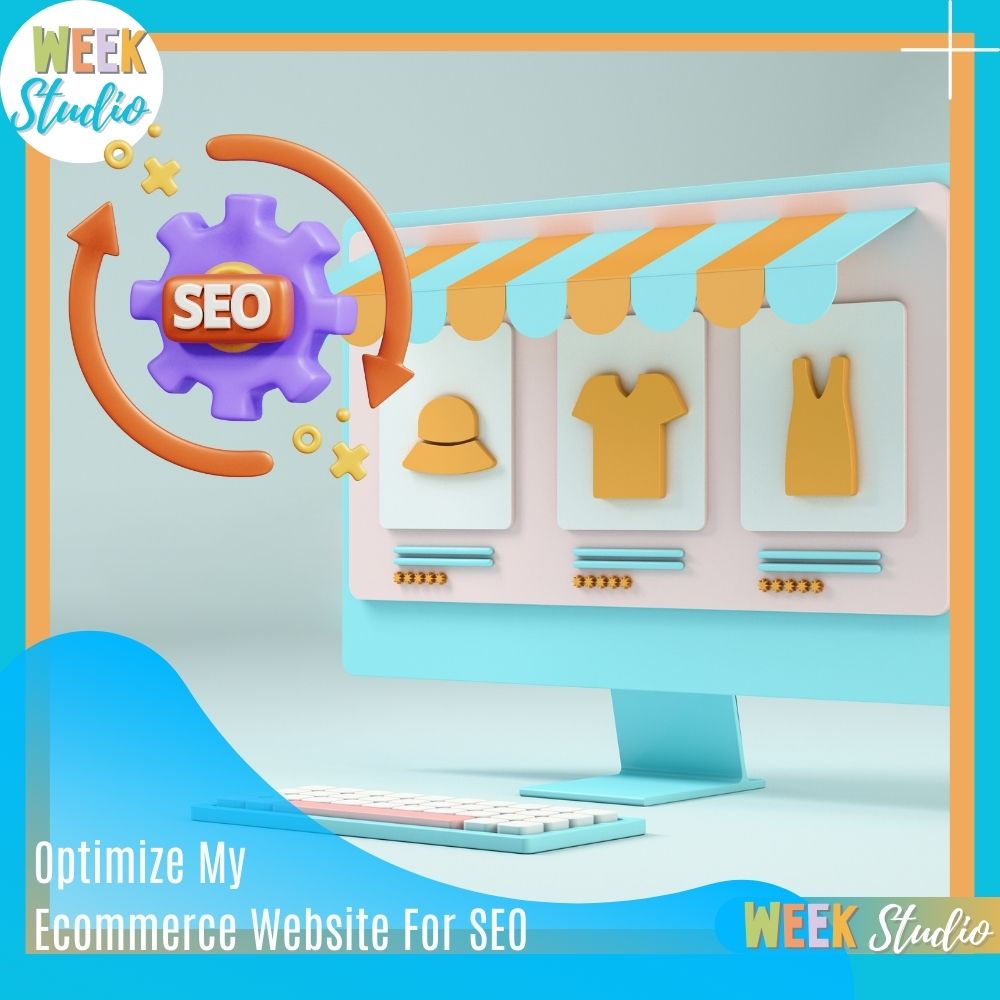
In the intricate tapestry of Ecommerce SEO, effective keyword research forms the foundation. Understanding the language your potential customers use when searching for products is akin to unlocking the door to higher visibility and increased traffic. Let’s delve into the nuances of keyword research specifically tailored for Ecommerce websites.
Know Your Audience
Before delving into keyword tools, start by understanding your target audience. What are their preferences? How do they describe the products you offer? Customer feedback, surveys, and social media interactions can provide valuable insights into the language your audience uses.
Leverage Keyword Tools
Utilize keyword research tools to identify relevant and high-traffic keywords. Platforms like Google Keyword Planner, SEMrush, and Ahrefs can help uncover the terms and phrases your potential customers are typing into search engines.
- Focus on Long-Tail Keywords: In the realm of Ecommerce, specificity matters. Long-tail keywords, which are more detailed and specific, often bring in highly targeted traffic.
- Competitor Analysis: Analyze the keywords your competitors are targeting. This not only provides inspiration but also helps identify gaps and opportunities.
Balance Search Volume and Competition
A high-volume keyword is a keyword that gets a lot of traffic. A high-traffic keyword is a keyword that gets a lot of clicks. High-traffic keywords are great for getting your site more traffic, but they also come with more competition. If you’re looking to increase your site’s traffic, consider a mix of high, medium, and low-competition keywords to diversify your approach.
Medium-traffic keywords are keywords that get a moderate amount of traffic. Medium-traffic keywords are less competitive than high-traffic keywords, but they still get a lot of clicks. If you’re looking to get more traffic without competing with other websites for the same keywords, consider using medium-traffic keywords. They’re less competitive than high-traffic keywords, but still get a lot of clicks.
Seasonal and Trending Keywords
Keep an eye on seasonal and trending keywords relevant to your products. Ecommerce is dynamic, and customer preferences can shift with seasons and trends. Incorporate these keywords into your strategy to capitalize on timely opportunities.
Incorporate Product-Centric Keywords
Optimize for keywords that directly relate to your products. Include brand names, model numbers, and other product-specific terms. This not only aligns with user search intent but also helps in attracting highly relevant traffic.
User Intent Matters
Consider the intent behind the keywords. Are users looking for information, comparison, or are they ready to make a purchase? Tailor your content and product pages to align with different stages of the buyer’s journey.
In essence, keyword research for Ecommerce is a strategic endeavor that goes beyond mere identification. It’s about understanding your audience, staying abreast of industry trends, and aligning your content with the language your customers use. As we move forward in our journey of optimizing Ecommerce websites for SEO, these carefully selected keywords will play a pivotal role in enhancing visibility and driving targeted traffic.
Does Shopify Do SEO?
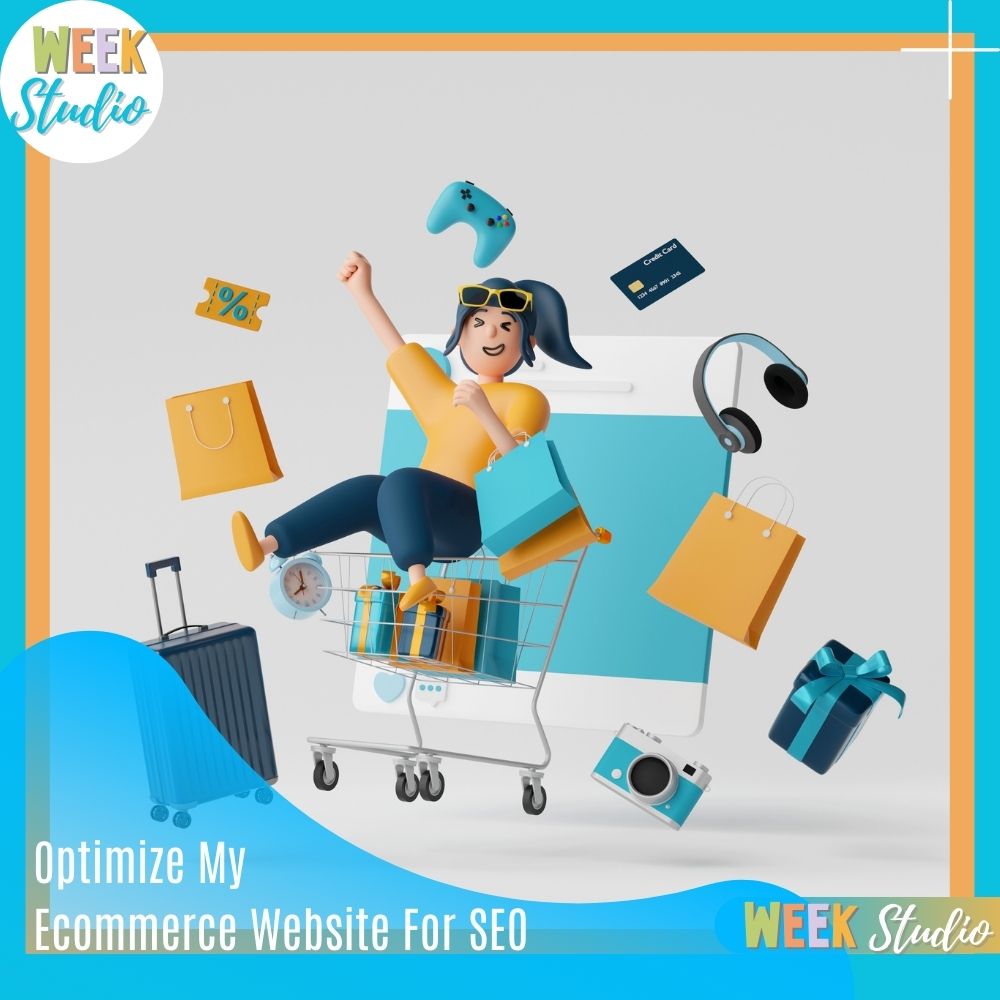
Shopify does not offer built-in SEO features, but there are a number of ways to improve the ranking of a Shopify website. One way is to use a Shopify app like SEO Shopify or Boost SEO. These apps help to improve the ranking of a website by optimizing the website for search engines and adding keywords and metadata to the website.
Another way to improve the ranking of a Shopify website is to use a third-party SEO service. These services help to improve the ranking of a website by optimizing the website for search engines and adding keywords and metadata to the website. Some popular SEO services for Shopify include SEOPressor, Shopify SEO, and Moz.
Shopify also offers a number of helpful resources for improving the ranking of a website. These resources include the Shopify SEO Guide, the Shopify Academy, and the Shopify Blog.
How Do I Rank My Ecommerce Store On Google?
When it comes to ecommerce, it’s not enough to just have a website – you need to ensure that your website is ranking high on search engines like Google, To do this, you need to employ some search engine optimization (SEO) techniques. There are many different techniques that you can use to improve your website’s SEO ranking, but one of the most important is to make sure your website is well-optimized for Google.
But How Do You Rank Your Ecommerce Store On Google?
There are a number of factors that go into ranking your ecommerce store on Google, including things like your website’s content, your website’s structure, and your website’s backlinks. In addition, you’ll also want to make sure that you’re using the right keywords in your website’s content, and that you’re using Google AdWords to help you get in front of even more potential customers.
By following these tips, you can help ensure that your ecommerce store is ranking high on Google, and that you’re getting in front of as many potential customers as possible. As an online retailer, it’s essential that you’re doing everything you can to rank high on Google. After all, Google is the most popular search engine in the world, and being ranked high on Google is essential if you want to get in front of as many potential customers as possible. So, what can you do to help improve your ranking? Here are a few tips:
- Make sure your website is optimised for SEO.
- Publish high-quality content on a regular basis. This will help to show Google that your website is worth ranking high on its search engine.
- Increase your website’s speed. This is becoming increasingly important as Google is now using page speed as a ranking factor.
- Use social media to promote your website. This will help to increase your website’s visibility and could help to improve your ranking.
- Get involved in the online community. This will help to establish your website as an authority in your field.
- Use backlinks to boost your ranking. This is one of the most important factors when it comes to SEO.
- Make sure your website is mobile-friendly. This is becoming increasingly important as more and more people are using their smartphones and tablets to access the internet.
Optimizing your ecommerce store for Google search can be a daunting task. However, by following the proper steps and using the correct tools, you can improve your website’s ranking and visibility to potential customers. One of the most important aspects of optimizing your ecommerce store is to create high-quality content. This content should be relevant to your products and services, and it should also be keyword-rich so that it can be easily found by potential customers.
Is SEO Difficult In Shopify?
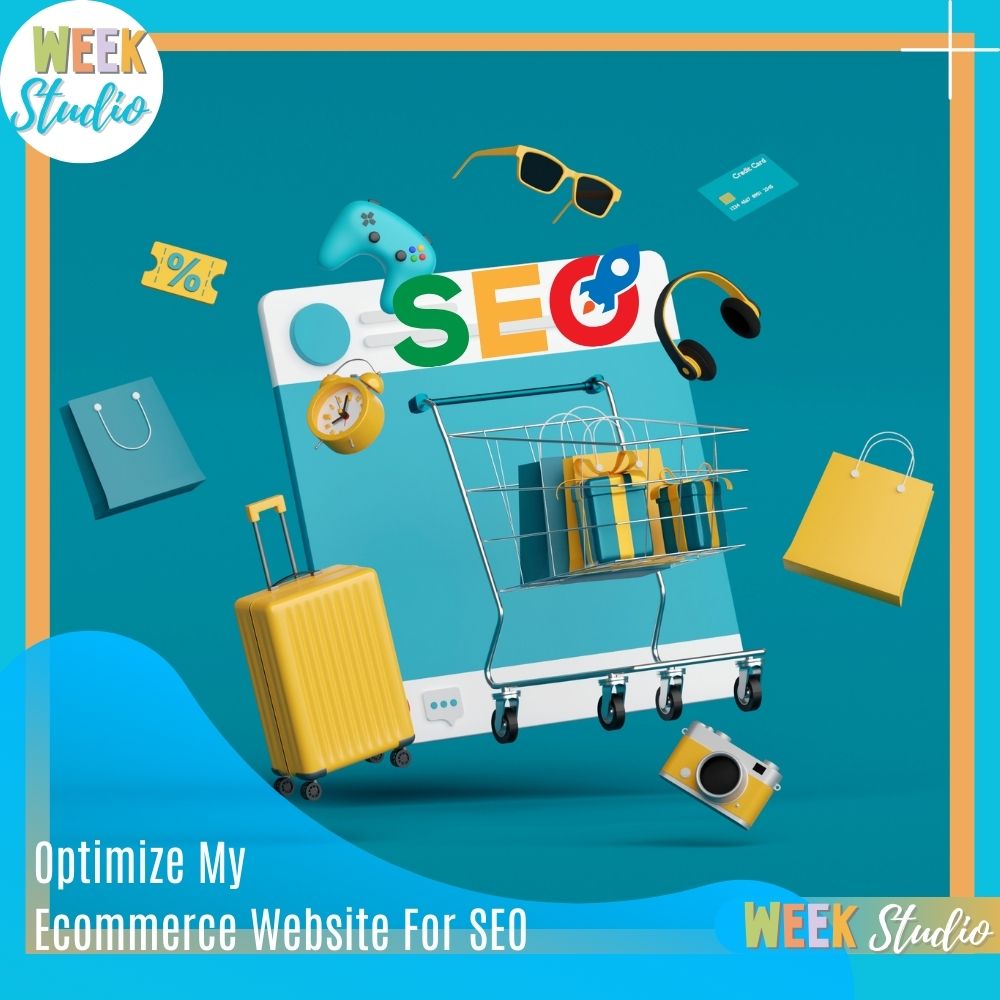
If you’re running a Shopify store, you’re probably wondering if SEO is difficult in Shopify. And the answer is… it depends. SEO is definitely more difficult in Shopify than it is in WordPress, for example. But it’s not impossible. There are a few things you can do to make it a little bit easier. Shopify does have a built-in SEO feature, which is great, but there are a few things that you’ll need to do to make sure your shop is as search engine friendly as possible.
First, you’ll want to make sure you’re using the right keywords in your product titles and descriptions. You can use the Shopify keyword tool to find the right keywords for your products. You’ll also want to make sure your URLs are clean and easy to read. Shopify will automatically create URLs that include the product name and category, but you can also create custom URLs if you want.
Another thing to keep in mind is that Shopify doesn’t allow you to create custom pages, so you’ll need to make sure all of your content is included on your product pages , witty and clever explanation. To keep in mind is that Shopify doesn’t allow you to create custom pages, so you’ll need to make sure all of your content is included on your product pages.
Shopify is a great ecommerce platform that allows you to create a professional online store. It’s easy to use, and you can create custom URLs and pages. You’ll also need to make sure your content is included on your product pages.
Is WordPress Better Than Shopify For SEO?
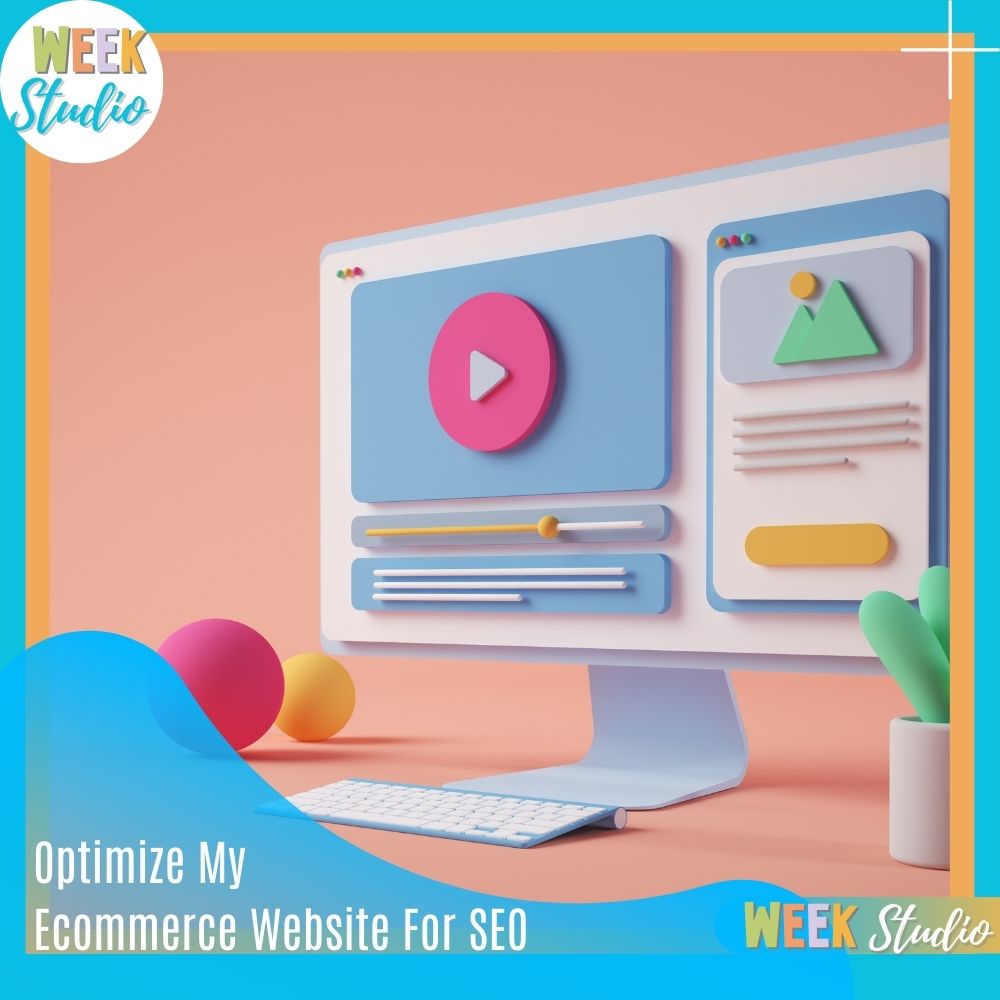
Do want the reality? in SEO YEEEES WORDPRESS IS BETTER THAN SHOPIFY, there is no way to compare between them, but there is no definitive answer when it comes to determining whether WordPress or Shopify is better for SEO.
In general, WordPress is often seen as being more SEO-friendly due to its open-source nature and the vast number of plugins and themes that are available for it. However, Shopify also has a number of features that are conducive to good SEO, such as its built-in search engine and the ability to create custom URLs. Ultimately, the best platform for SEO will vary depending on the specific needs of each business.
Is Shopify More SEO Friendly Than Woocommerce?
NO, WooCommerce is more SEO friendly than Shopify. Shopify is a platform that was built for businesses to create an online store. From the beginning, Shopify has been focused on creating an easy to use platform that makes it easy for businesses to get found online.
WooCommerce is a plugin that was created for WordPress websites. It was not originally built for businesses to create an online store. Because of this, WooCommerce is not as SEO friendly as Shopify.
There are a few reasons why Shopify is more SEO friendly than WooCommerce.
- First, Shopify has a built in search engine that makes it easy for businesses to get found online. WooCommerce does not have a built in search engine, which makes it more difficult for businesses to get found online.
- Second, Shopify has a lot of built in features that make it easy for businesses to optimize their website for search engines. WooCommerce does not have as many built in features that make it easy for businesses to optimize their website for search engines.
Shopify also has a lot of built in features that make it easy for businesses to create a professional looking website. WooCommerce does not have as many built in features that make it easy for businesses to create a professional looking website.
Shopify is also a lot more user friendly than WooCommerce. Shopify is very intuitive and easy to use, while WooCommerce can be a bit more difficult to use. Lastly, Shopify is a lot more reliable than WooCommerce. Shopify is a very stable platform, while WooCommerce can be a bit more unreliable.
Which Ecommerce Platform Has The Best SEO?
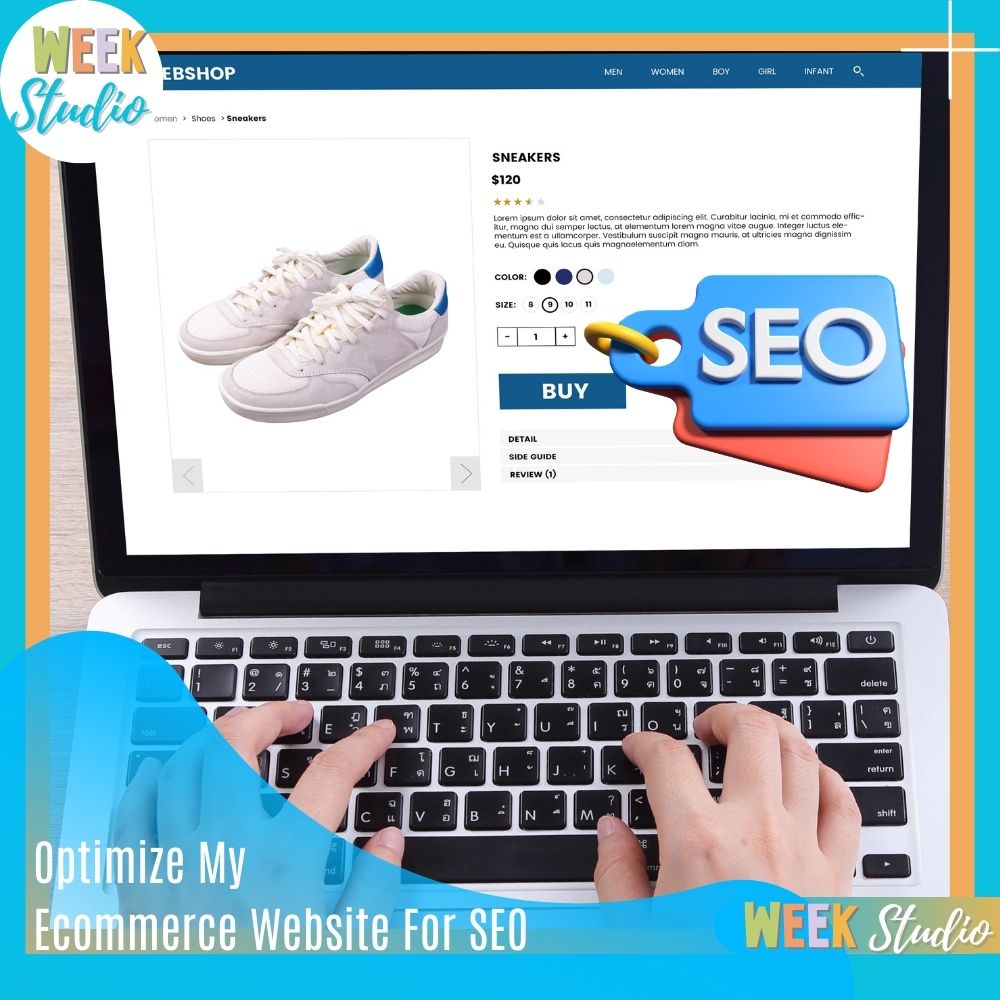
Here are some of the factors you’ll want to consider when choosing an ecommerce platform for SEO:
- The platform’s ability to generate relevant and keyword-rich titles and descriptions.
- The platform’s ability to generate clean and crawlable URLs.
- The platform’s ability to produce rich and informative meta data.
- The platform’s ability to create and manage XML sitemaps.
- The platform’s ability to generate breadcrumbs.
- The platform’s ability to integrate with search engine tracking tools.
Here are some of the most SEO-friendly ecommerce platforms currently available:
WooCommerce
WooCommerce is a plugin that turns any WordPress site into a full-blown ecommerce store. It’s the most popular ecommerce platform on the web, and for good reason—it’s easy to use, it’s versatile, and it’s very SEO-friendly. It’s free to use, and it’s easy to set up. You can use it to sell digital products, physical products, or a combination of both. WooCommerce also integrates with a variety of payment gateways, so you can accept payments from customers all over the world.
WooCommerce is a great option for small businesses and entrepreneurs who are just starting out. It’s easy to use, and it’s versatile enough to handle a variety of different types of ecommerce stores. WooCommerce is also very SEO-friendly, so it’s a great option for businesses that are looking to attract more customers online.
Shopify
Shopify offers users a wide range of features, including a customizable checkout process, built-in SEO tools, and the ability to sell products on Facebook. Shopify is a great platform for businesses that are just starting out, as it is easy to use and offers a wide range of features. It also has a growing community of users, which can be helpful for businesses that need support.
BigCommerce
BigCommerce is another ecommerce platform that allows users to create their own online stores. It offers users a wide range of features, including a customizable checkout process, built-in SEO tools, and the ability to sell products on Facebook.
BigCommerce is a great platform for businesses that are just starting out, as it is easy to use and offers a wide range of features. It also has a growing community of users, which can be helpful for businesses
There are many different ecommerce platforms on the market, and each one has its own set of pros and cons. When choosing an ecommerce platform, it’s important to consider your business needs and the features of each platform.
Some of the most popular ecommerce platforms include Shopify, Magento, and BigCommerce. Shopify is a popular platform because it’s easy to use and it has a wide range of features. Magento is a powerful platform that offers a lot of flexibility, while BigCommerce is a good option for businesses that are just starting out. Ultimately, the best ecommerce platform for your business depends on your needs and preferences.
What’S More Expensive Shopify Or WordPress?
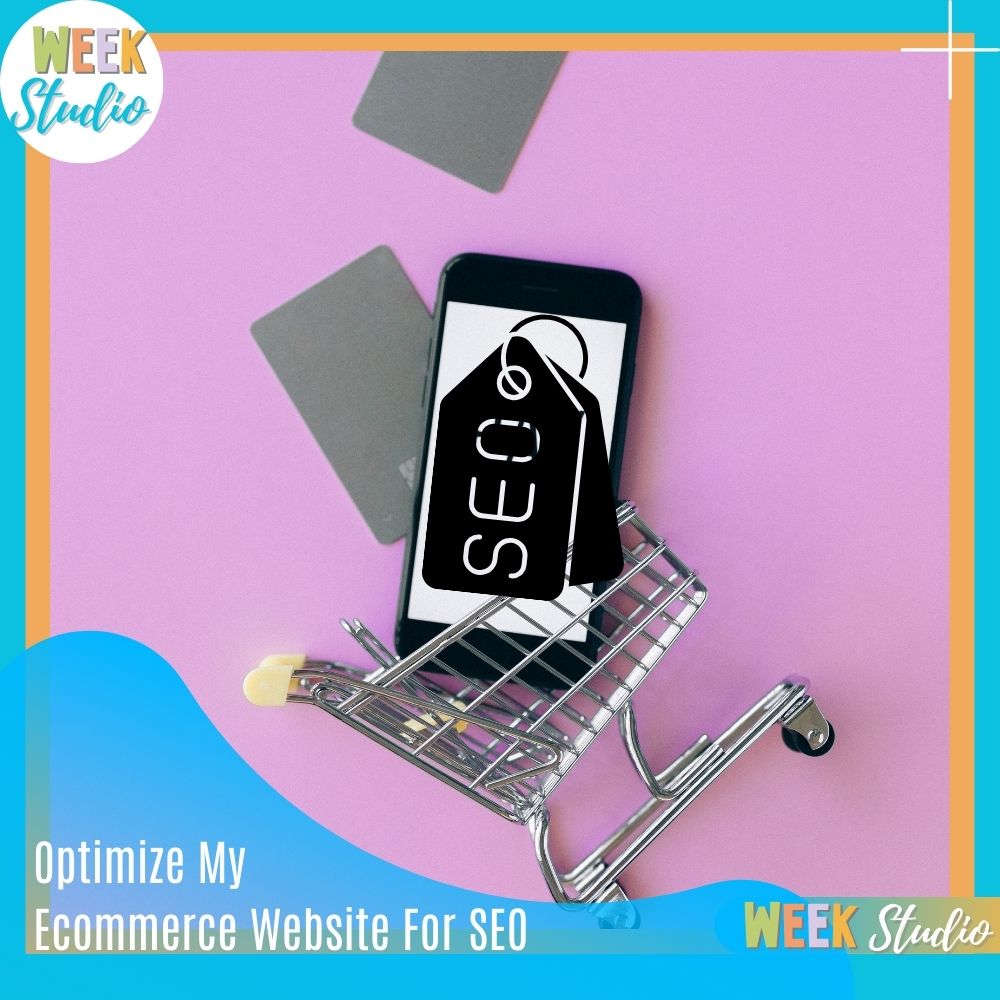
This is a question that a lot of business owners and entrepreneurs are asking themselves as they are starting their online stores. It’s a tough question to answer because it depends on a lot of factors, but we’re going to do our best to break it down for you.
Shopify is more expensive than WordPress. But, it’s also a lot more user-friendly and has a lot more features. WordPress is a lot more customizable, but it can be a little more difficult to use. It really depends on what you’re looking for in an ecommerce platform.
Shopify is a great platform for people who are looking for an easy to use platform that has a lot of features. WordPress is a great platform for people who are looking for more customization and control over their website. At the end of the day, it’s up to you to decide which platform is right for you. But, we hope this article has helped you make a decision.
Is Shopify Or Wix Better For SEO?
There is no definitive answer when it comes to determining which platform is better for SEO- Shopify or Wix. Both platforms have their own advantages and disadvantages with respect to SEO.
Shopify is known for its excellent SEO features. It offers users a range of features that can help improve their SEO rankings, including customizable meta data, automatic canonical URLs, and Breadcrumbs. Additionally, Shopify’s themes are designed to be SEO-friendly, and the platform provides users with extensive support documentation and tutorials on how to optimize their stores for better search engine visibility.
Wix, on the other hand, is not as well known for its SEO features. However, the platform does offer some basic SEO tools, including the ability to customize meta data, add keywords, and create sitemaps. Additionally, Wix’s themes are also designed to be SEO-friendly, and the platform provides users with limited support documentation and tutorials on how to optimize their stores for search engines.
Overall, while Shopify is the one of the Worst platform for SEO, but ( WooCommerce IS BETTER AND THE BEST) Wix is bad option. If you are not too familiar with SEO and are looking for an easy-to-use platform with built-in SEO features, then Wix is a good choice. However, if you are looking for more advanced SEO features and support, then Shopify is a better option.
Conclusion
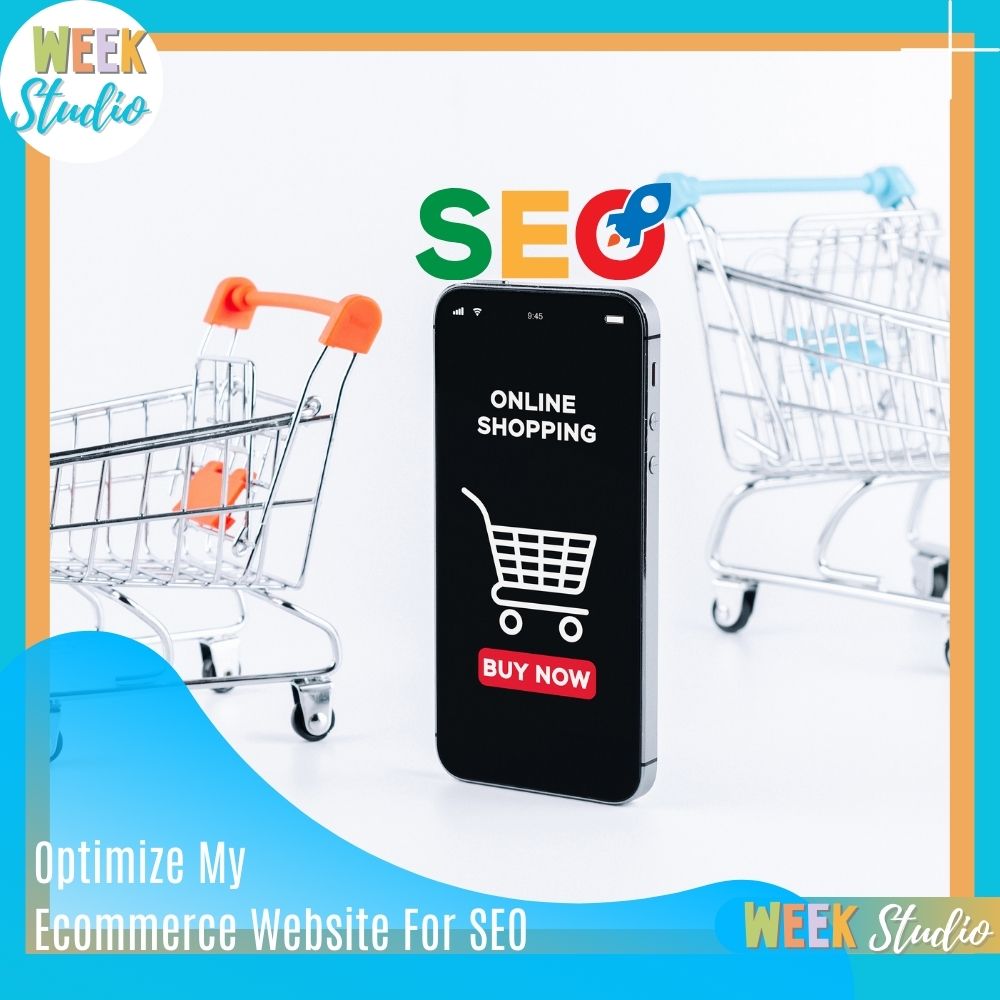
In the fast-paced and competitive world of Ecommerce, optimizing your website for SEO is not just a strategy; it’s a necessity. As we’ve explored the nuances of Ecommerce SEO, from understanding the significance of keywords to delving into the technical intricacies, it becomes clear that the path to success involves a holistic approach.
Ecommerce SEO is the art of balancing technical finesse with user-centric design. It’s about speaking the language your customers use while ensuring that search engines can navigate your digital storefront seamlessly. From keyword-rich product pages to technically optimized URLs, every element plays a role in enhancing visibility, driving organic traffic, and ultimately, boosting sales.
As you embark on the journey of optimizing your Ecommerce website for SEO, remember that it’s an ongoing process. Stay vigilant, adapt to emerging trends, and consistently refine your SEO strategy to stay ahead of the curve. In the dynamic world of Ecommerce, where every click matters, Ecommerce SEO is the compass that guides your customers to your virtual doorstep. By embracing the strategies and principles outlined in this guide, you’re not just optimizing for search engines; you’re optimizing for the success of your online business.
FAQs
1. Why is mobile optimization crucial for Ecommerce SEO?
Mobile optimization is crucial because Google prioritizes mobile-first indexing. Ensuring a seamless experience on mobile devices not only enhances your SEO but also caters to the growing number of users who shop via smartphones and tablets.
2. How frequently should I update my XML sitemap?
Regularly update and submit your XML sitemap, especially when you add new pages, products, or make significant changes to your site structure. This ensures that search engines promptly index the latest version of your site.
3. What role does structured data play in Ecommerce SEO?
Structured data, implemented through schema markup, provides additional information to search engines about the content on your pages. It enhances the appearance of rich snippets in search results, providing users with more context about your products.
4. Why should URLs be user-friendly for Ecommerce websites?
User-friendly URLs enhance the overall user experience and are easier to remember and share. From an SEO perspective, they provide search engines with relevant information about the content of the page and contribute to higher rankings.
5. How can I resolve crawl errors on my Ecommerce website?
Regularly monitor your Google Search Console for crawl errors. Identify and resolve issues such as 404 pages, redirect chains, or unreachable pages. Keeping your site error-free ensures that search engines can crawl and index your content effectively.
